Kim (they/them) had been fixing to take me to this place for a while. Walking ahead in a resplendent green fit and freshly done hair; I bustled behind, hoping to hide my pride. Amidst the swanky streets of Rosebank, they led me up to a hidden gem—54 on Bath’s Level Four Restaurant. Along the path, I could hardly hinder the hunch that this would be a fancy affair. The place evokes an air of exclusivity, and rightfully so, as it is a sanctuary of refined design and fine cuisine.
The breakfast menu was a harmonious fusion of continental and warm delights; each morsel crafted with meticulous detail. We had several mimosas made from the signature Perrier-Jouët Champagne. As the morning ripened, Kim and I moved to and from the sun-kissed terrace, where we basked in the then-scarce warmth; taking turns toking on a tasty fatty. Serendipitously, we selected this as the perfect moment to begin our long-anticipated conversation about their docuseries Sex & Pleasure on Showmax.
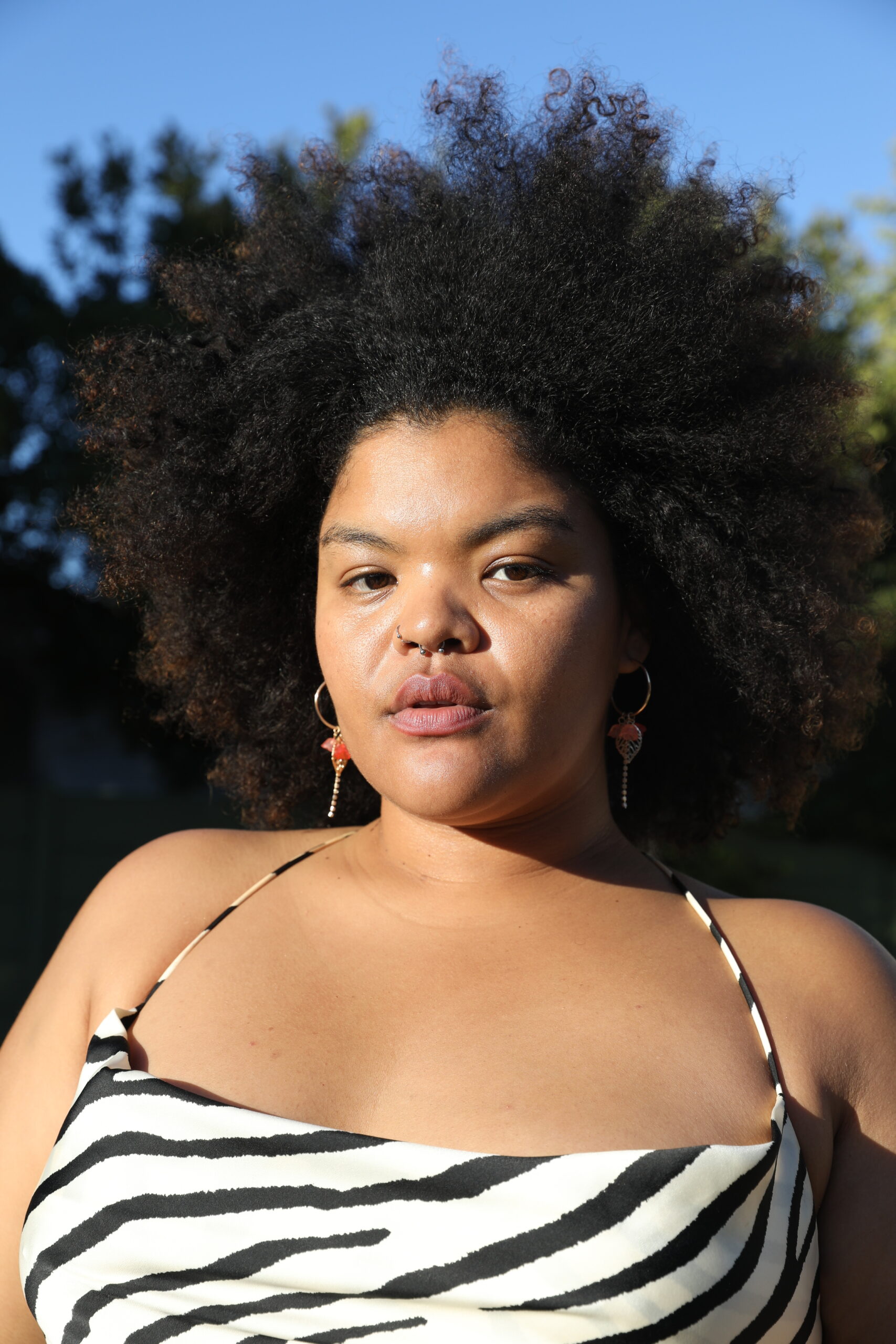
Thembeka Heidi Sincuba: For people who have not heard about your show Sex & Pleasure on Showmax, tell us a little bit about it. What can people expect?
Kim Windvogel: Sex & Pleasure is very educational. It is sexy at times, but it’s also heartwarming. Sometimes it’s highly traumatic… There are a lot of things that are linked to sex and linked to pleasure that are not only the sexy side of things. There’s a lot that we as a society don’t know about sex and especially about pleasure. And I think with this series, you’ll see all of the linkages and the complexities and the different types of narratives that exist around sex … So, we’ve got eight episodes and each episode focuses on a different theme. The themes are Parenting, Spirituality, Sex Work, Drugs, Expression, Disability, Age and Love. These episodes take you through a story time, basically showing how the themes link to sex and pleasure.
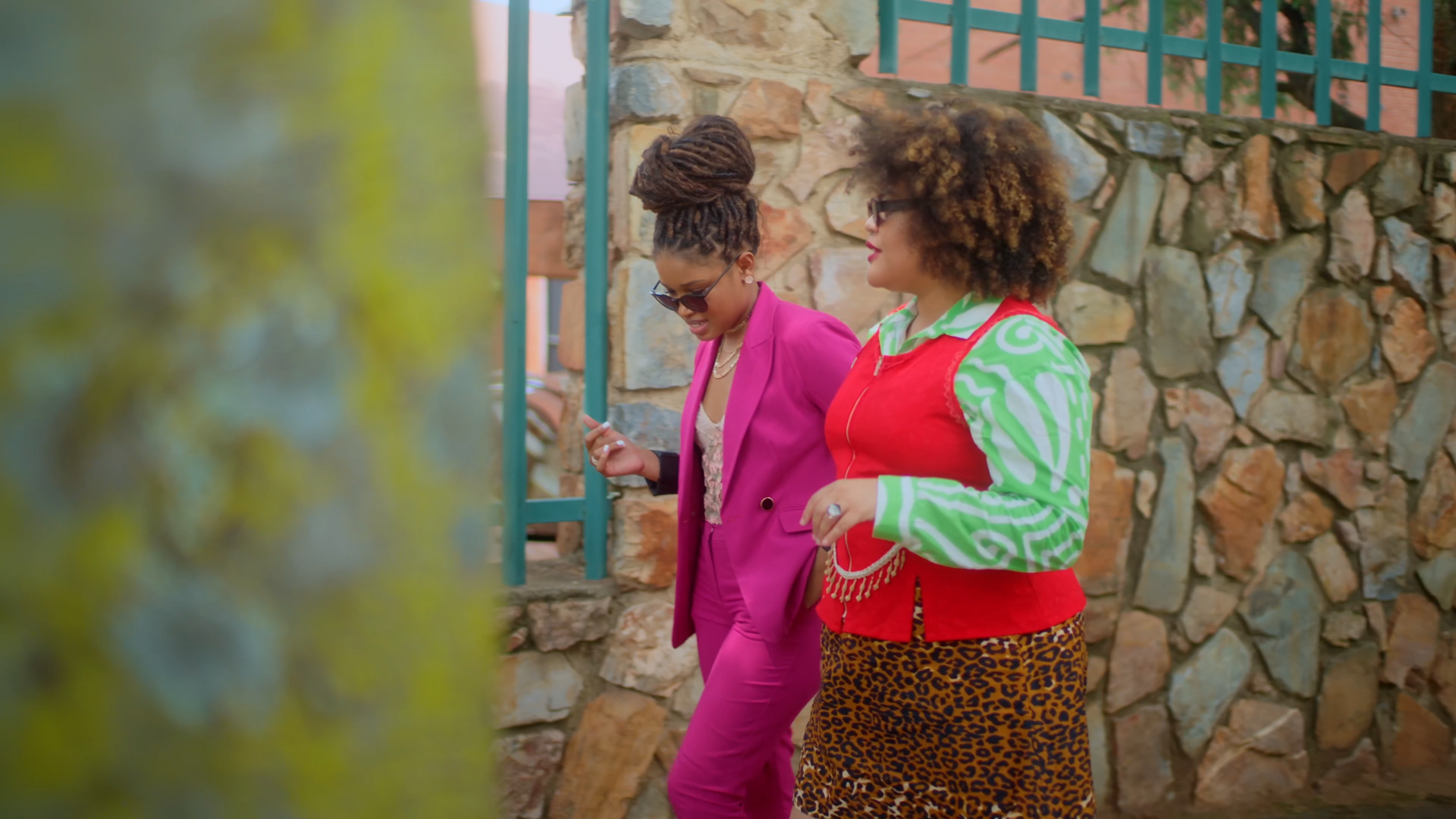
THS: I want to know what has been done on this topic in South Africa. What is the history of shows about sex in South Africa?
KW: There was a previous show that came out through Showmax called Sex in Afrikaans. That was quite a big deal. They did a mainstream type of conversation. But the shows are not comparable at all. There is a South African leg of Planet Sex with Cara Delevingne. Our director, Ayanda Duma, is actually one of the people who worked on that show. But that’s also very different. It doesn’t really go into the nitty gritty like Sex & Pleasure. I think what makes this show so amazing is that it’s Africans – Black and brown folk who dominate the show. Also behind the camera, asking questions and conveying information.
THS: What are some of the surprising things that came out of making the show?
KW: I think realising that the only people who are trying to define sex aren’t even normal people. When you ask even straight, very monogamous couples about their definition of sex, actually, many of them don’t say things like penis and vagina. Sex doesn’t have a definition. That’s okay. I think for me, that was one of the surprising things to come out of it… I still can’t define sex. And even the experts we have on the show couldn’t care less to define sex. And I think that’s actually one of the most powerful things that I took away while interviewing people. Don’t try and define it.
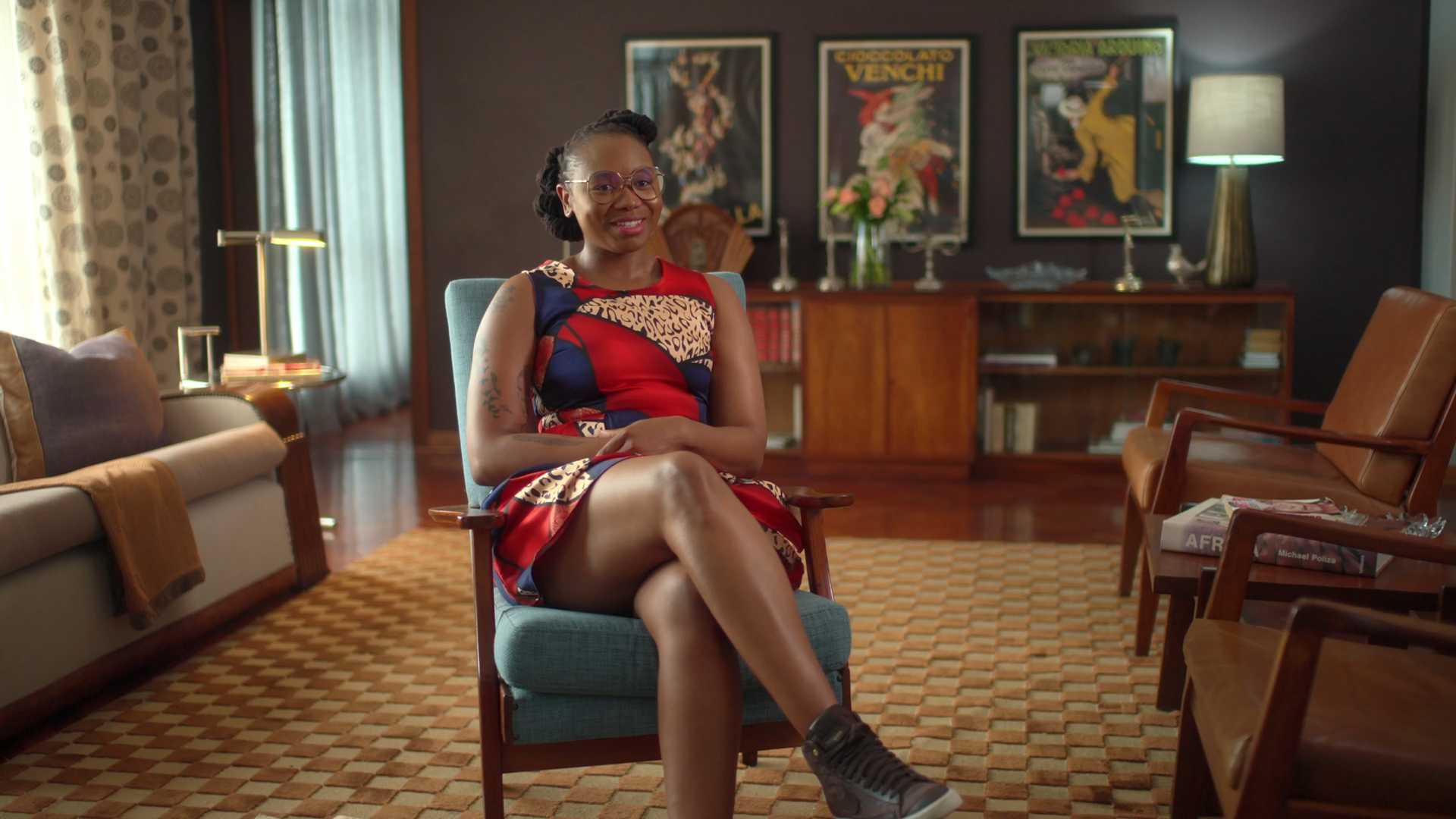
THS: What were some of the highlights of filming?
KW: The narratives that I think are really important in this show are things like we interview one of the intersex activists in South Africa, Nthabiseng Mokoena, and they speak on their experiences as an intersex person and how their mom essentially kidnapped them. They used the word kidnap but basically ‘took them’ when she realised that her child was intersexed and didn’t want to do any surgeries and didn’t want any of the stigma. So she ran with the kid to protect them. They also dive deeper into what to do when you’re an intersex child … people must know what to do in certain situations and not be guided by stress or the doctors or stuff like that.
THS: Why do you think we’re still so hung up when it comes to talking about sex in South Africa?
KW: Because it wasn’t allowed to happen and that can be very isolating. The show isn’t about coming out or queerness, but … when I came out myself, I couldn’t find people who looked like me. People weren’t talking about their queerness unless they were American. Most of the time, they were also white people. Even when you can see that there are other people like that in other countries, it hits way harder when you know that these people are like you and were raised in a province next door. You know what I mean? There’s more relation and there’s more understanding and I guess more openness too.
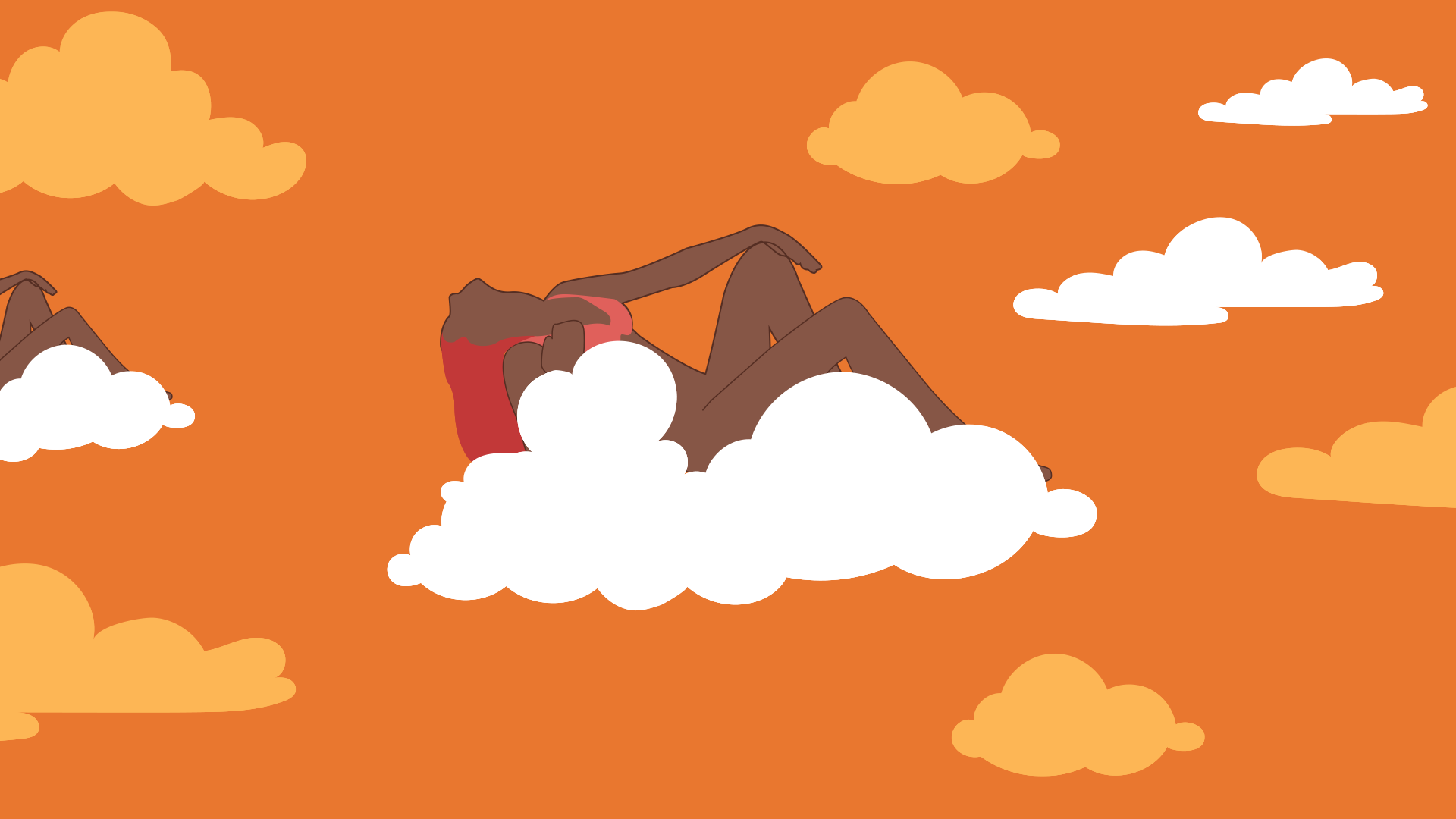
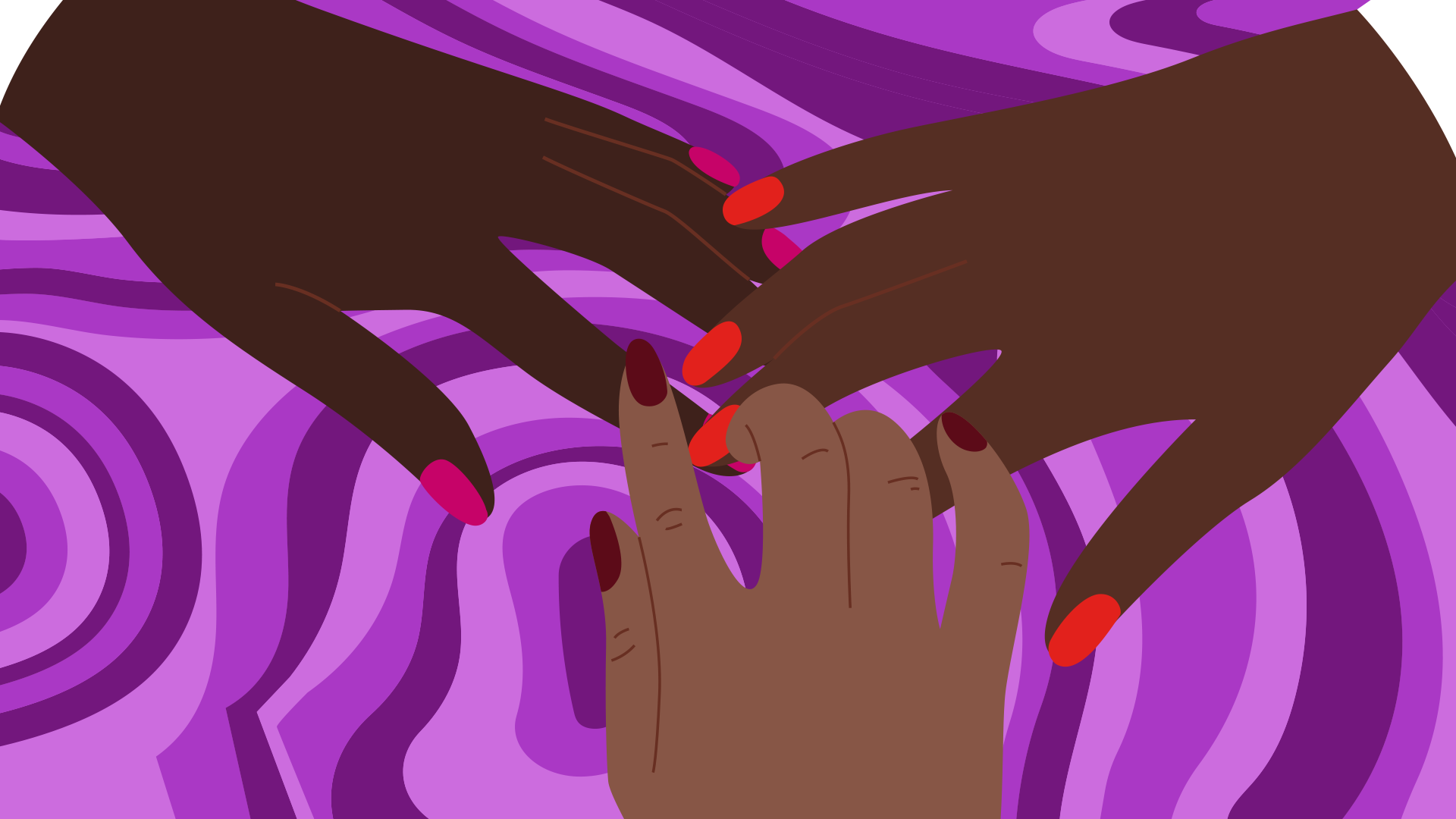
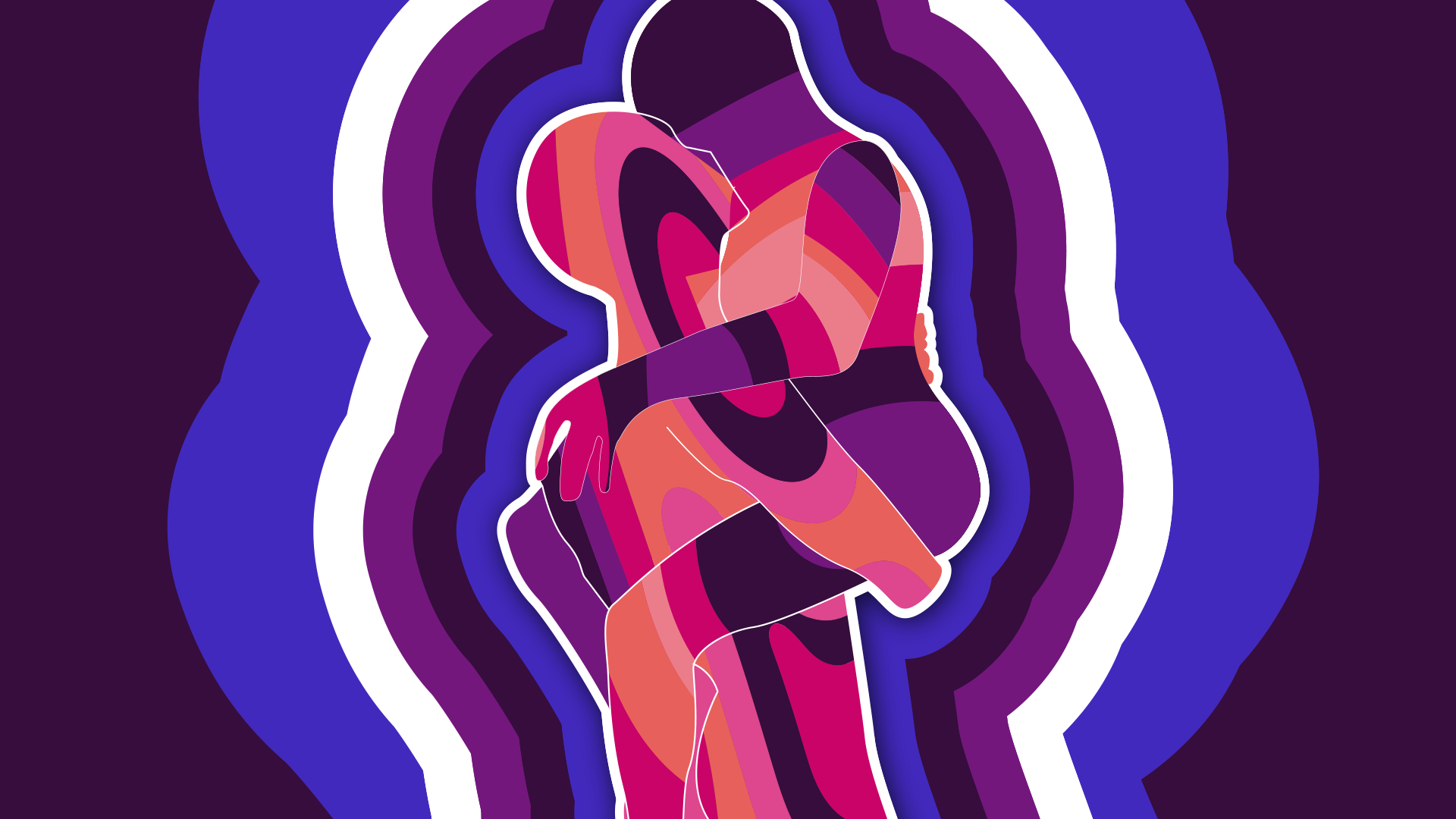
While the show’s reception made it clear that it strikes a chord with its audience, it has also faced a fair amount of criticism concerning its length and structure, so we are excited to see if Season 2 can improve on those. For now, however, in a society ensnared by the constrictions of conservativism, Sex & Pleasure fearlessly ventures into topics that are often shrouded in secrecy. As South Africa’s cultural landscape transforms, this series stands as a testament to the invaluable contributions of folk like us to the vital source that is human sexuality.



















































